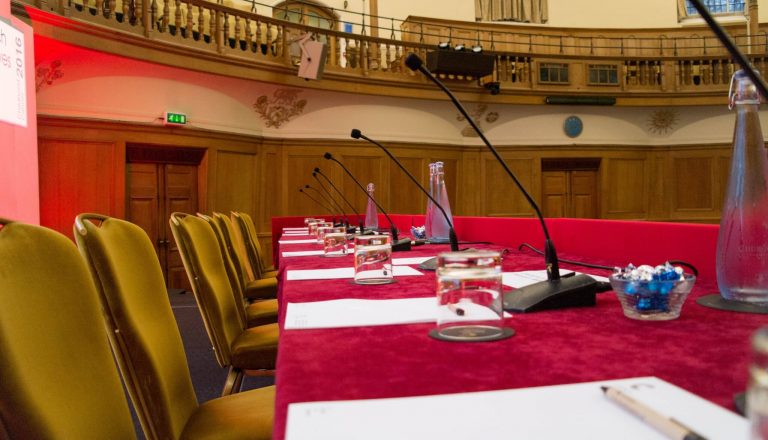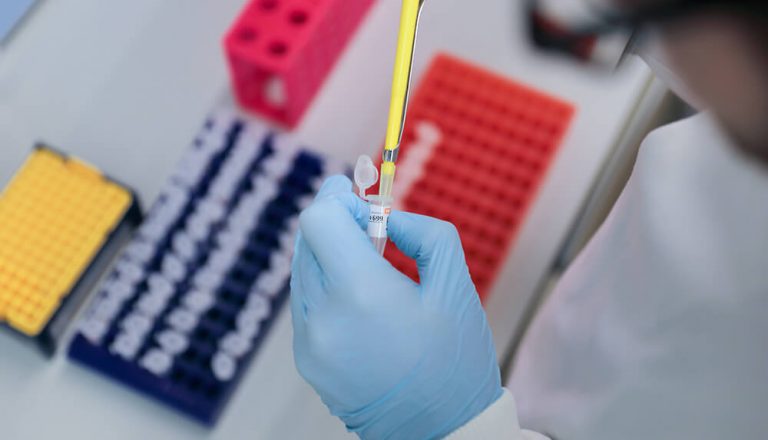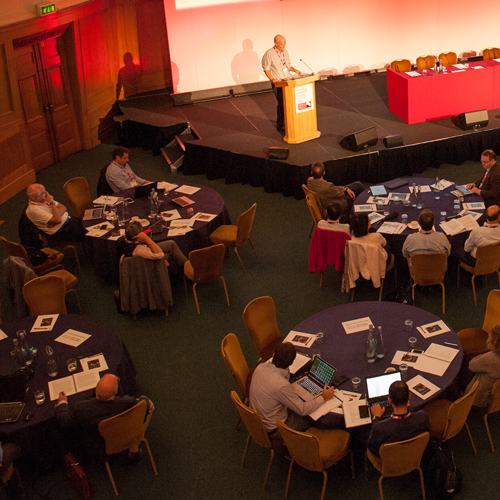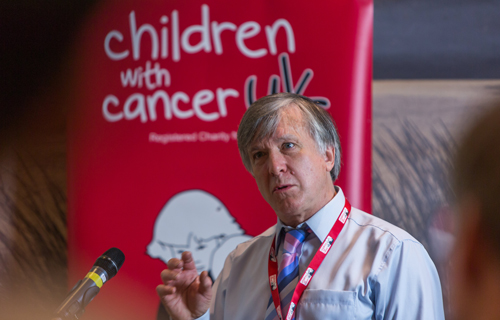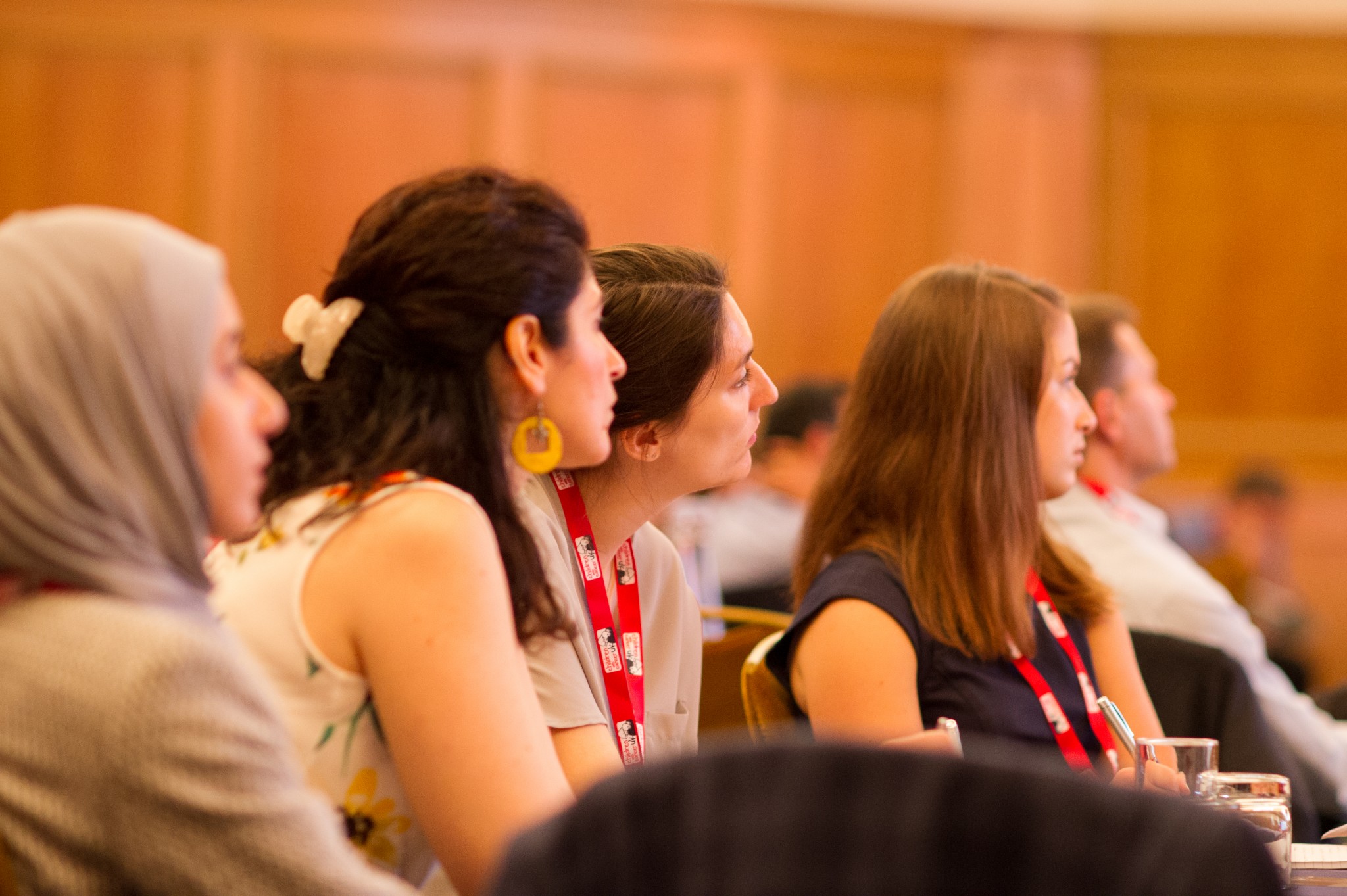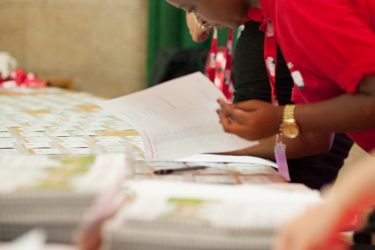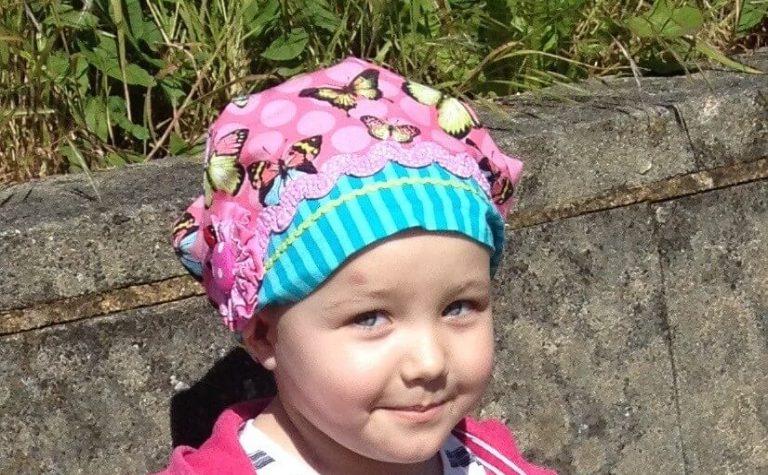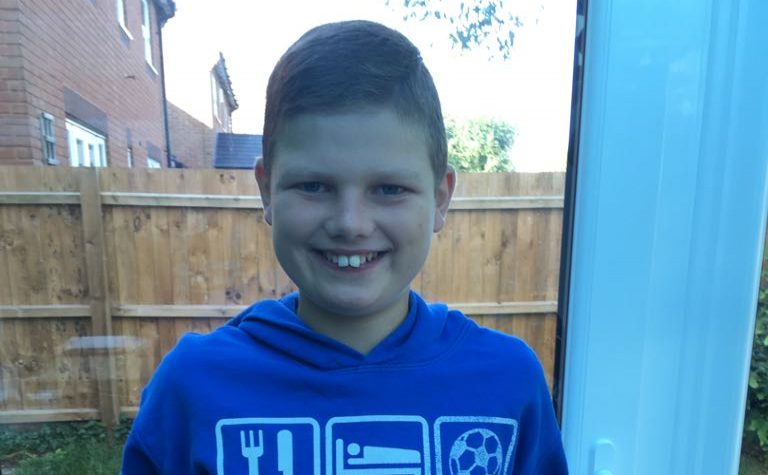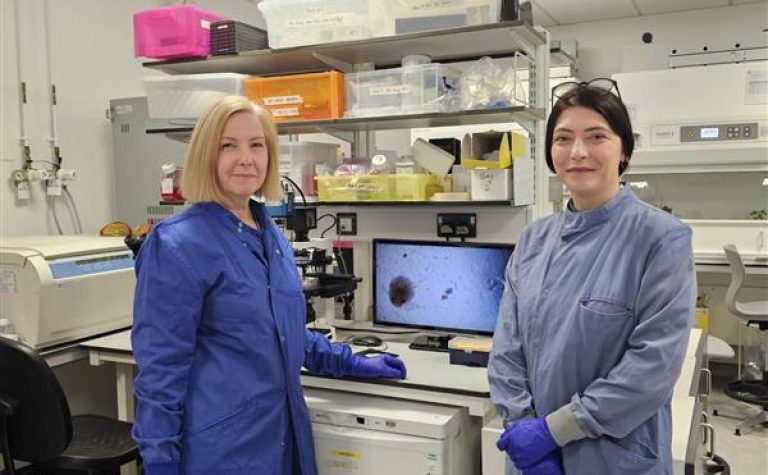Embracing research, collaboration and change: Conference 2023
We are delighted to announce the Children with Cancer UK Conference 2023 will be taking place on 19-20 September 2023.
For Childhood Cancer Awareness Month, we’re re-launching our research conference, focusing on Embracing Research, Collaboration and Change.
The conference will bring together leading researchers, clinicians, healthcare professionals, early career researchers, representatives from funders across the childhood cancer sector and patient advocates to share their latest findings and discuss the latest trends in the field. You’ll learn about cutting-edge research, clinical trials, and innovative treatment strategies that are improving outcomes for children and young adults with cancer.
Read more